Bachelor of Science in Biology New England campus experience
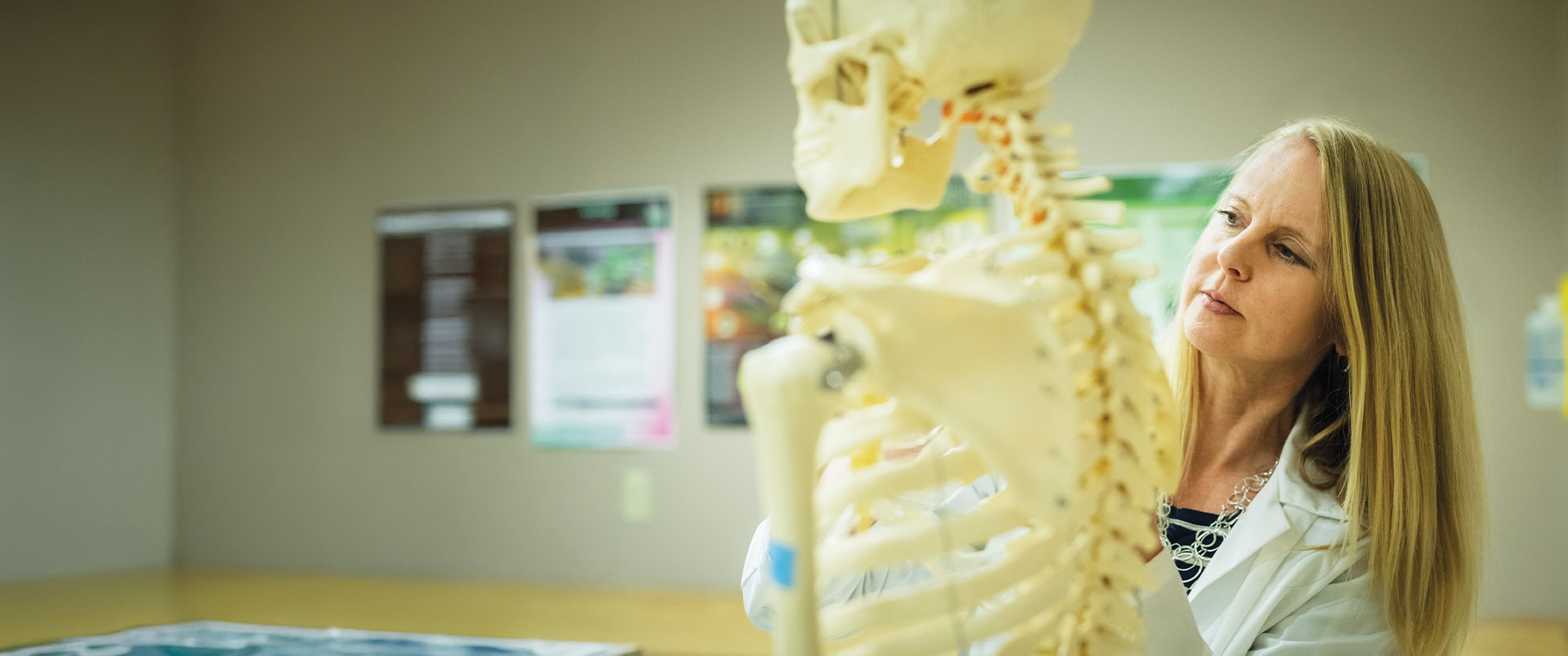
Program Overview Why get a biology degree on campus?
Prepare yourself for a wide range of professional fields, including science and healthcare, in the Bachelor of Science (BS) in Biology program at Southern New Hampshire University. Through theory-based coursework and hands-on labs, you'll investigate the diversity and biology of plants, animals and microbes – helping you prepare for a variety of careers.
Skills you'll learn:
- Biology principles and concepts
- Lab and field research
- Data collection and analysis
- Mathematical tools and physical principles
- Ethical decision making in biology
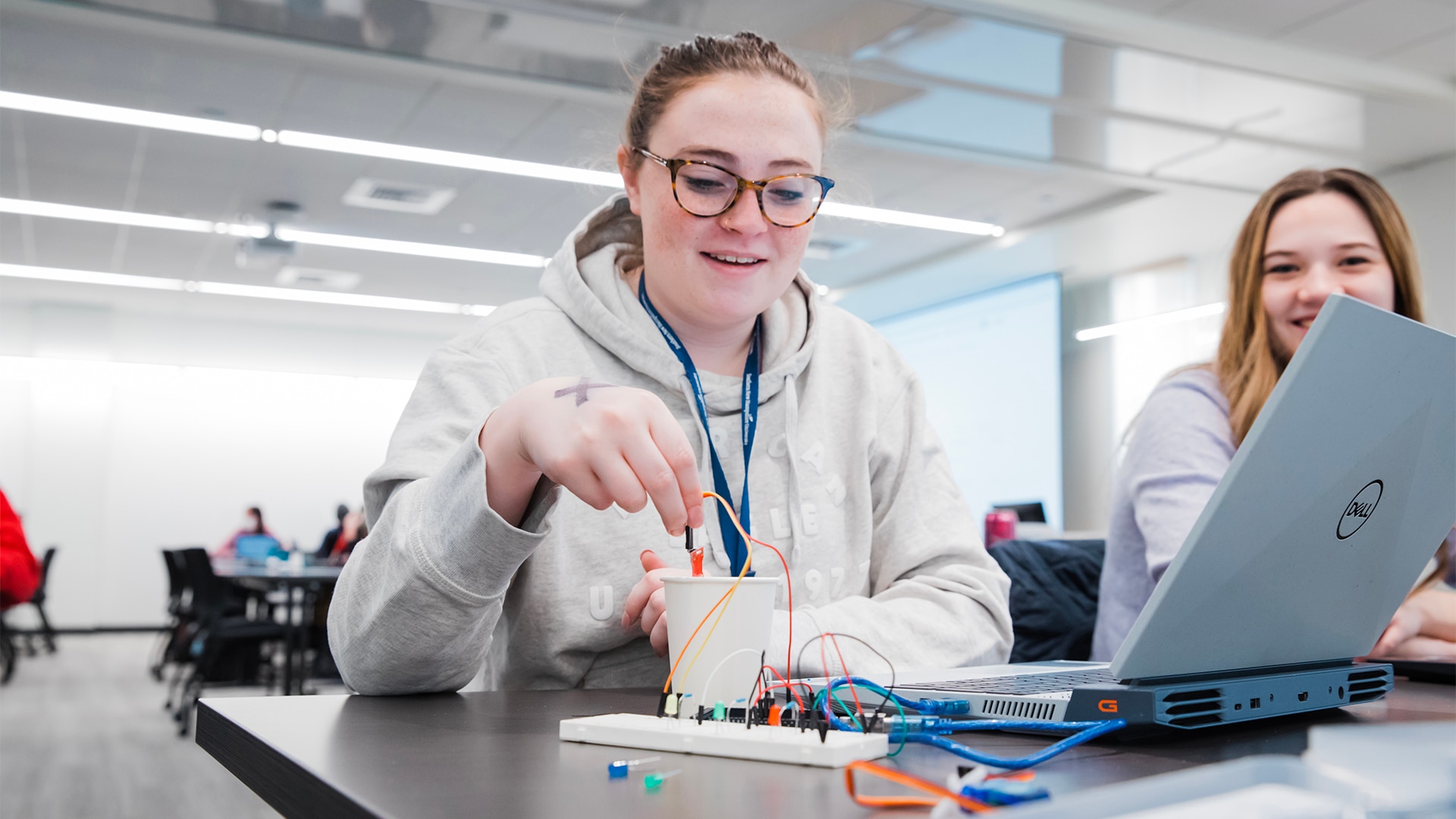
Courses & Curriculum Study the living world in on-campus biology courses
If you want to study humans, animals or plants on a macro or cellular level, you might want a bachelor's degree in biology. As a biology major at SNHU, you'll spend time in the classroom and in the field – literally. Whether in one of our state-of-the-art labs or the on-campus arboretum, you'll collect, evaluate, interpret and communicate data to test hypotheses and solve real-world problems.
Campus biology degree concentrations
Looking to specialize your degree? SNHU offers a concentration for the biology degree.
From statistics to physiology, the human brain and development, a concentration in health science provides a vital foundation in science and human health and development, helping you gain knowledge and skills specifically related to careers in healthcare fields. This makes the health science concentration a good choice if you're interested in pursuing a health-related graduate or professional program after graduating from SNHU.
Courses may include:
- Neuroscience
- Human Health and the Environment
- Introduction to Bioinformatics
- Lifespan Development
Through a partnership with the Massachusetts College of Pharmacy and Health Sciences (MCPHS), eligible students in the health sciences concentration may transfer to MCPHS to pursue a nursing or PharmD degree.
Note: Admission criteria must be met to be eligible for the partnership programs, and space is limited.
Learn from instructors with industry experience
Our faculty members bring with them decades of knowledge and experience, which informs the development of SNHU’s courses and curriculum. They look forward to supporting your journey both in the classroom and as you work toward a career in your field.
Chelsi R. Beauregard
Position
Assistant Professor, Biology
Joined SNHU
2020
Education
- PhD in Emerging Infectious Diseases from Uniformed Services University
- BS in Biomedical Sciences from Marist College
Prior to joining Southern New Hampshire University, Dr. Beauregard worked as a postdoctoral fellow at the Henry F. Jackson Foundation for the Advancement of Military Medicine. Studying the innate immune response to viruses in animals vs. humans, her research aims to uncover patterns that could help minimize the rise of human epidemics and pandemics.
Katharine York
Position
Professor | Department Chair (Biological Sciences)
Joined SNHU
2010
Education
- PhD in Natural Resources from the University of New Hampshire
- MEd in Biology Education from UNH
- BS in Animal Science from UNH
Dr. York has taught college-level biology, anatomy and physiology courses for more than 15 years. Before pursuing her love of teaching, York explored exciting, hands-on career options including working as a zookeeper and as a veterinary technician.
York's current research focuses on bats, using acoustic and stationary monitoring techniques to estimate species diversity and abundance in New Hampshire. She is also involved in a long-term study to identify chytrid fungus in native frog populations in the state.
To learn more about SNHU faculty, visit our campus faculty page.
Campus major courses
You’ll take major courses that provide you with a solid foundation in your area of study – in some cases featuring experiential or project-based learning opportunities, labs, simulations and internships. These courses will allow you to learn a wide variety of topics and help prepare you for a role in your desired field.
Courses may include:
Visit the course catalog to view the full BS in Biology curriculum.
Campus general education courses
All undergraduate students are required to take general education courses, which are part of SNHU's newly redesigned program, The Commons. The goal of The Commons' curriculum is to empower you with some of the most in-demand skills, so you can succeed not only in your academic career, but in your personal and professional life too.
Courses may include:
Can’t wait? You don’t have to!
Apply now if you’re ready, and have your decision within 30 days. Or, schedule a visit and come see us in person!
Have questions? Visit our Contact Us page.
Career Outlook What can I do with a biology degree?
A biology program can help you gain knowledge and skills needed to step into entry-level roles in areas like agriculture, microbiology, zoology, research and technology. Or you might continue your studies in a graduate or professional program such as biochemistry, healthcare, pharmacology, veterinary medicine and beyond. As a biology major at SNHU, you can prepare yourself for a wide range of careers.
Career paths include:
- Medical lab technician
- Human biologist
- Research scientist
- Marine biologist
Increase in biological technician positions through 2033, projected by the U.S. Bureau of Labor Statistics (BLS).1
Yearly average biological technician role openings through 2033, projected by the BLS.1
Understanding the numbers
When reviewing job growth and salary information, it’s important to remember that actual numbers can vary due to many different factors—like years of experience in the role, industry of employment, geographic location, worker skill and economic conditions. Cited projections are based on Bureau of Labor Statistics data, not on SNHU graduate outcomes, and do not guarantee actual salary or job growth.
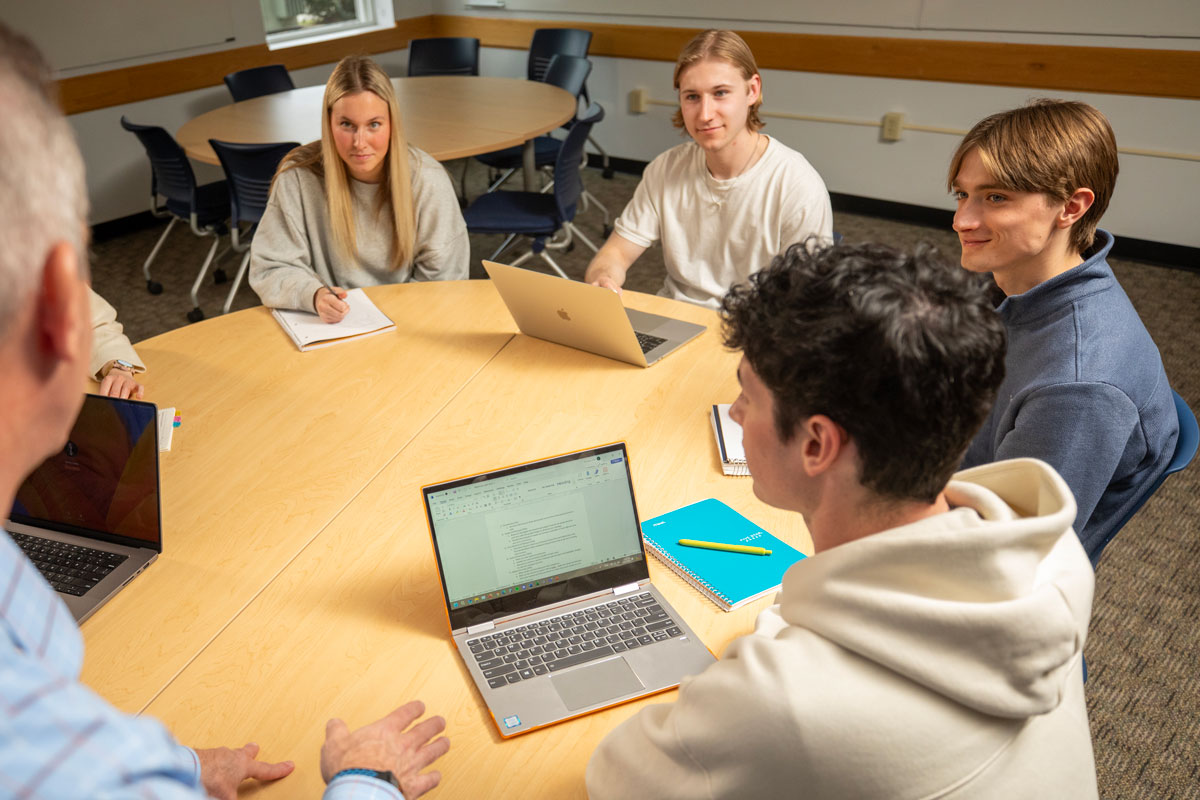
Campus Student Experience So, what's it like taking classes on campus?
When you get your BS in Biology on campus at Southern New Hampshire University, you'll benefit from both theoretical learning and practical skills gained in the classroom, lab and field. Under the mentorship of experienced faculty, you'll conduct independent, hands-on research. Plus, our partnerships with the Advanced Regenerative Medical Institute (ARMI) and the Massachusetts College of Pharmacy and Health Sciences (MCPHS) open the door to career paths in health sciences.

Student support
At SNHU, you don’t have to do this college thing alone. You’ll have help from your advisor, access to tutoring and office hours, career coaching, and mental health services so you can do your best and feel your best.
Additionally, our Office of Diversity and Campus Accessibility Center make campus a safe place for everyone. Visit our Student Services page to learn more about our support offerings.

Small class sizes
With an average class size of 15-25 (depending on your major) you’ll learn in an environment where professors with real world experience know you by name.
Here, you’re not getting lost in giant lecture halls, but instead, actively participating in thoughtful dialogue where you’re always encouraged to collaborate with your peers and ask questions when they arise.
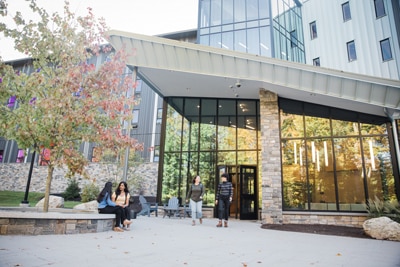
State-of-the-art facilities
Our 300-acre campus has everything you need. From technology-advanced classroom settings to your dorms complete with fitness centers and hangout spots, our goal is to give you the best college experience possible.
Whether you’re learning in a classroom, in a lab, on the field, or in your field, you’ll have what you need to be successful from the moment you wake up to the moment you close your textbooks.
School of Arts, Sciences and Education Learn about the School of Arts, Sciences and Education
From understanding why people behave the way they do, to studying and tackling today's environmental issues, the School of Arts, Sciences and Education serves as an academic hub for creativity, collaboration and learning. Here, you'll have the chance to gain real-world experience through internships, student teaching, lab work and community-based projects. From studying cells under a microscope or analyzing crime scenes to leading a student-teaching session in an elementary classroom, you’ll learn how the world works so you can help make it a better place.
Student teaching opportunities
Inkwell game design studio
State-of-the-art labs
How SNHU makes college affordable
At Southern New Hampshire University, we're on a mission to make high-quality education more accessible with more affordable tuition. With 70+ career-focused majors, state-of-the-art facilities, D2 sports and over 70 student clubs and organizations, you can get the campus experience you've always dreamed of at a more affordable price.
Fill out the FAFSA to see if you’re eligible for grants or work-study. (You could also be offered loans, though you’ll have to pay those back later.)
Transfer up to 90 credits toward your bachelor's degree program at SNHU. If you’ve taken one course or many, we’ll evaluate them for you.
Getting free money for college – from SNHU or an outside organization – could help you save hundreds or even thousands of dollars.
Our collaborative partnerships with high schools enhance academic opportunities and college accessibility for some high school students.
Hear from us
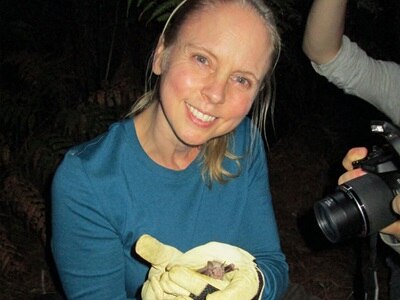
Katharine York, Professor and Department Chair, Biological Sciences
Accreditations
SNHU is accredited by the regional accreditor the New England Commission of Higher Education (NECHE). The university also carries specialized accreditations for some programs.

Sources & Citations
1Bureau of Labor Statistics, U.S. Department of Labor, Occupational Outlook Handbook, on the internet, at https://www.bls.gov/ooh/life-physical-and-social-science/biological-technicians.htm (viewed Oct. 16, 2024).
Cited projections may not reflect local and/or short-term economic or job conditions and do not guarantee actual job growth.
Your dream school is waiting
Apply now or schedule a visit today.


